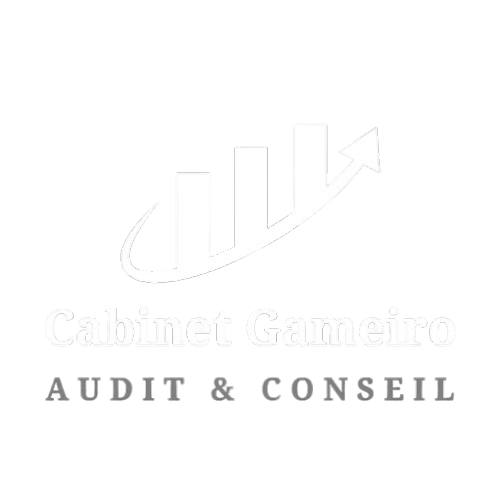Since 2021, the Tax Compliance Examination (ECF) has been a mechanism introduced by the tax administration to help businesses secure their tax situation and reduce the risk of audits. This voluntary process allows you to verify your company’s compliance with tax rules and provides protection in the event of a tax adjustment.
What is the Tax Compliance Examination (ECF)?
The ECF is a contractual mission carried out by a professional in the field (accountant, statutory auditor, tax lawyer). It is a tax audit that ensures your company is complying with current tax obligations. At the end of this examination, a mission report is sent to the tax administration (DGFIP), certifying that your accounting complies with tax regulations.
The 10 Points of the ECF Check
The examination focuses on 10 strategic points, identified as the most frequently adjusted by the tax administration:
- Compliance and quality of the General Ledger (FEC)
- Certification or attestation of the cash register software
- Compliance with document retention rules
- Validation of the applicable tax regime (corporate tax, VAT, simplified or actual regime)
- Determination and tax treatment of depreciation
- Determination and tax treatment of provisions
- Determination and tax treatment of accrued expenses
- Qualification and deductibility of exceptional expenses
- Compliance with VAT collection and deduction rules
- Verification of compliance with general tax obligations
Why Opt for a Tax Compliance Examination?
Choosing the ECF offers several key advantages for your business:
✅ Reduced tax risk: An explicit mention on your tax return limits the risk of an audit by the tax administration.
✅ Security in the event of a tax adjustment: In the case of a tax audit, no penalties or interest will be applied if an adjustment is made on the points covered by the ECF.
✅ Coverage of fees: Fees related to corrected points can be reimbursed by the service provider.
✅ Increased trust from partners and investors: A guarantee of compliance that enhances transparency and credibility for your business.
When and How to Implement an ECF?
The Tax Compliance Examination is usually conducted at the end of the fiscal year. It can be implemented proactively to prevent any tax risks.
If you wish to benefit from this process and secure your business, our accounting firm is available to assist you with this mission.
Contact us now for a personalized quote!
